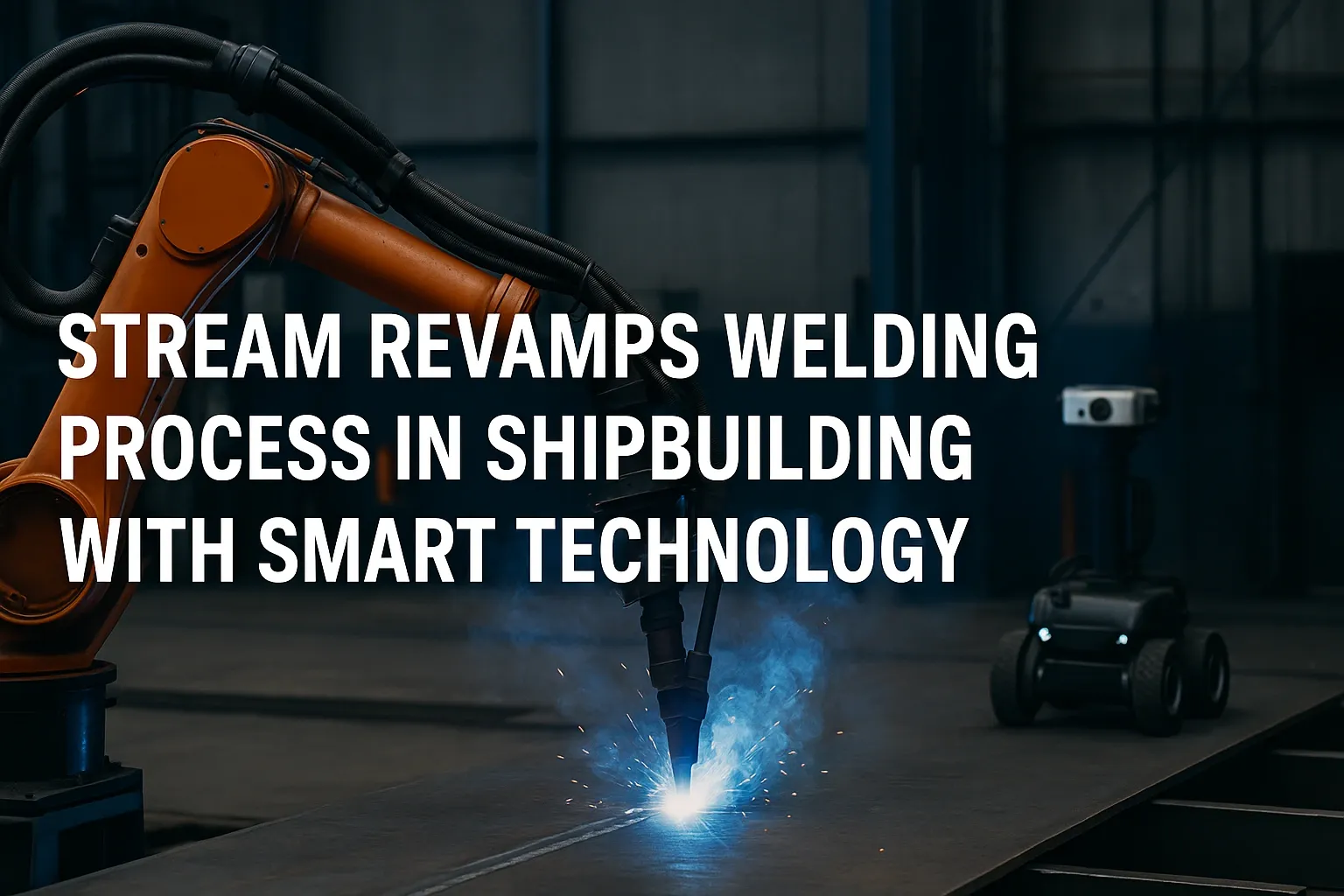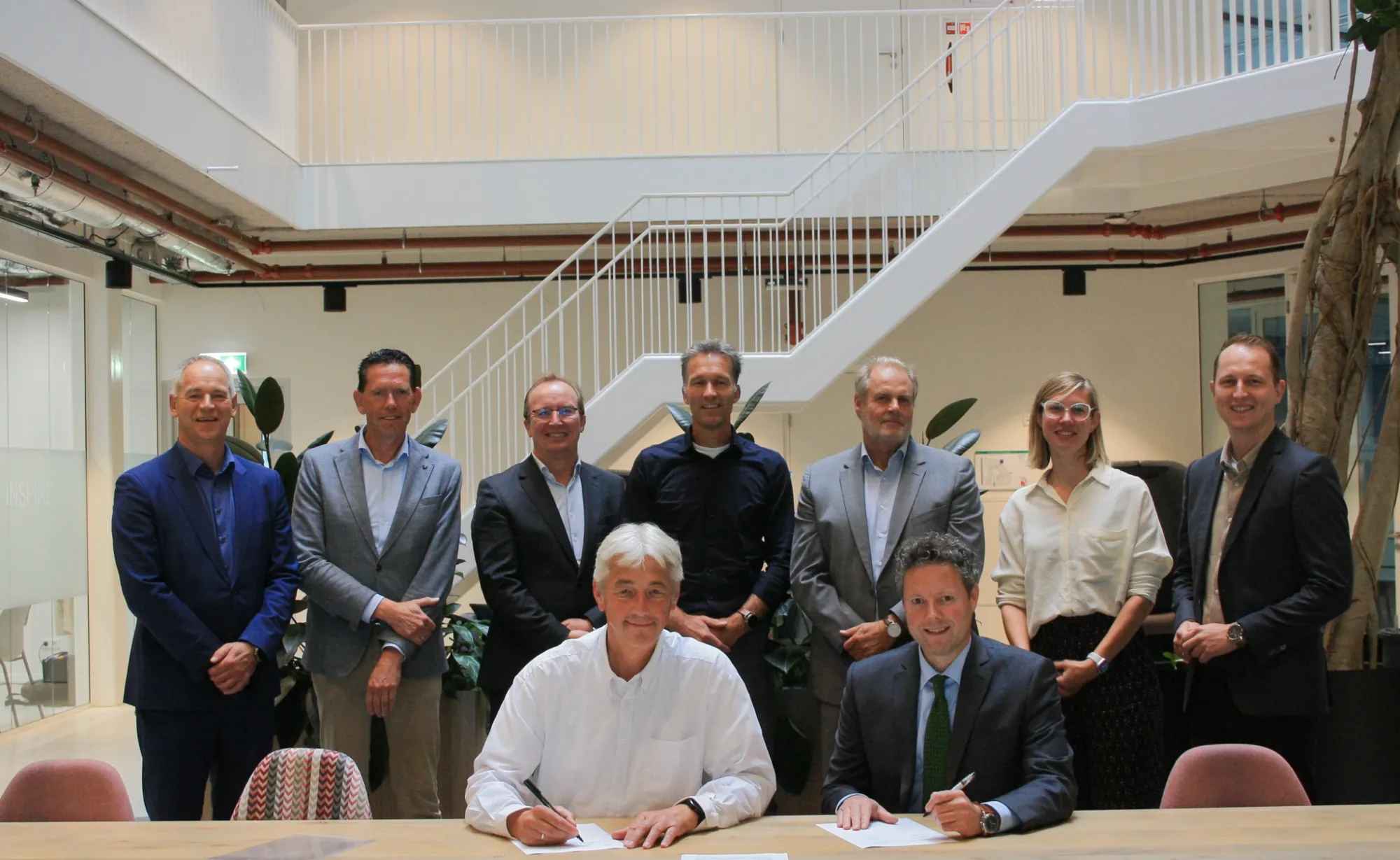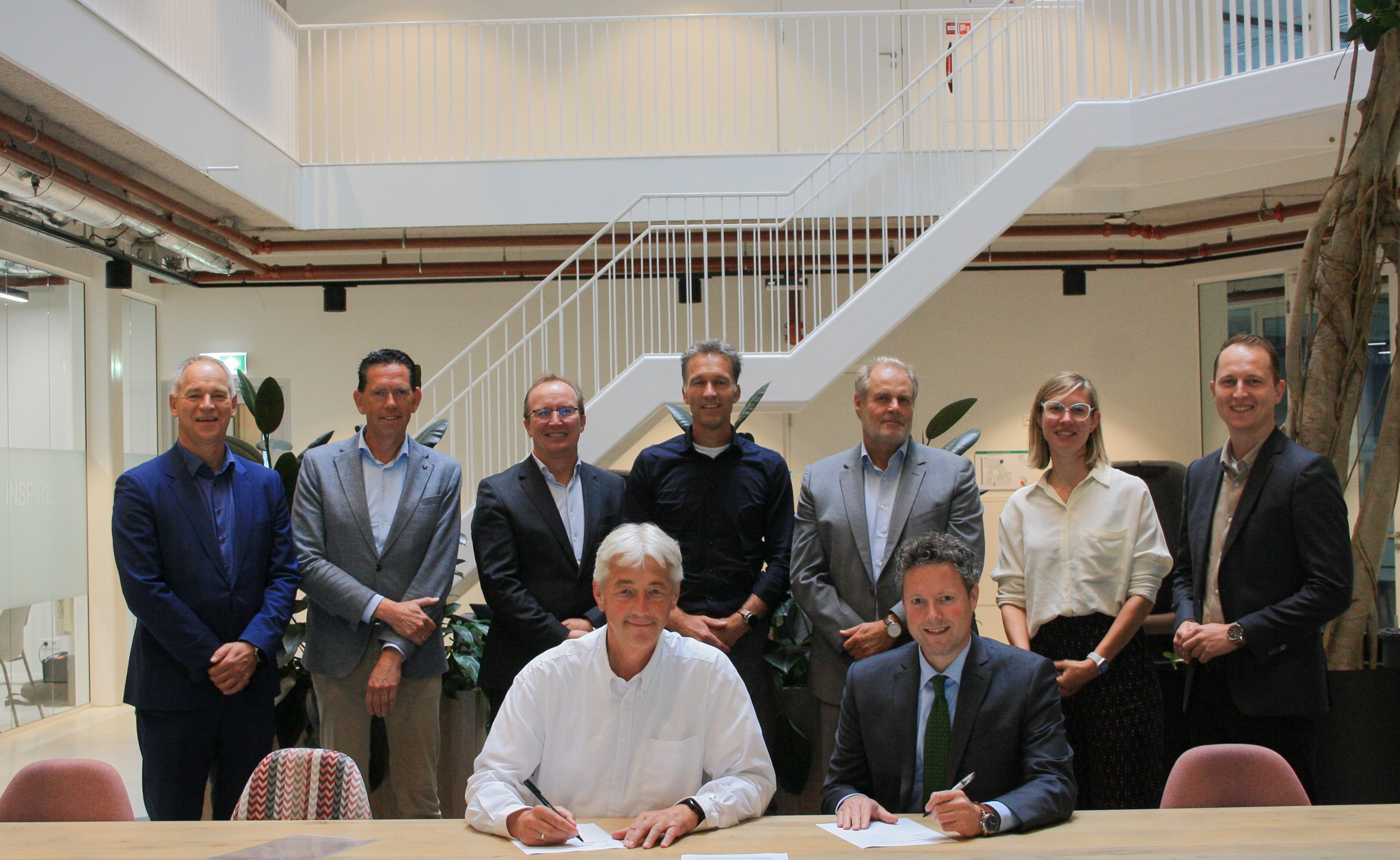Dutch Shipyards Test Self-Learning Welding Line: STREAM

A new Dutch program called STREAM has been approved with a €2 million grant to modernize shipbuilding. The goal is a self-learning, automated panel line that uses smart welding robots and cobots to make production faster and cheaper and improve global competitiveness. The project was formally signed on 4 September as part of the “Werf van de Toekomst” initiative.
Four shipyards—Neptune Marine, Royal IHC, Scheepswerf Gebroeders Kooiman, and Mercury Yacht Construction—are teaming up to refresh their welding and fabrication processes. The region already accounts for 43% of Dutch maritime activity with about €5 billion in annual revenue, and the total STREAM project value is €4.5 million.

The technical core is an automated panels line where steel plates are joined into ship sections using welding automatons, robots, and cobots. A self-learning control system will watch for deviations, adjust parameters on the fly, and link back to the ship’s 3D design model. SAM XL develops the robot tech, while RoboHouse works on shop-floor integration; Neptune’s panel line serves as the test bed. The approach targets a common pain point: standard welding robots struggle with the high part-to-part variation seen at Dutch yards.
STREAM is the first execution project under Werf van de Toekomst Drechtsteden–Rotterdam, supported by InnovationQuarter, Deal, and a subsidy from the Ministry of Economic Affairs and Climate Policy via RVO. A planned Living Lab will share lessons and help address labor shortages and cost pressure with practical, data-driven welding automation.
Source:



Discussion